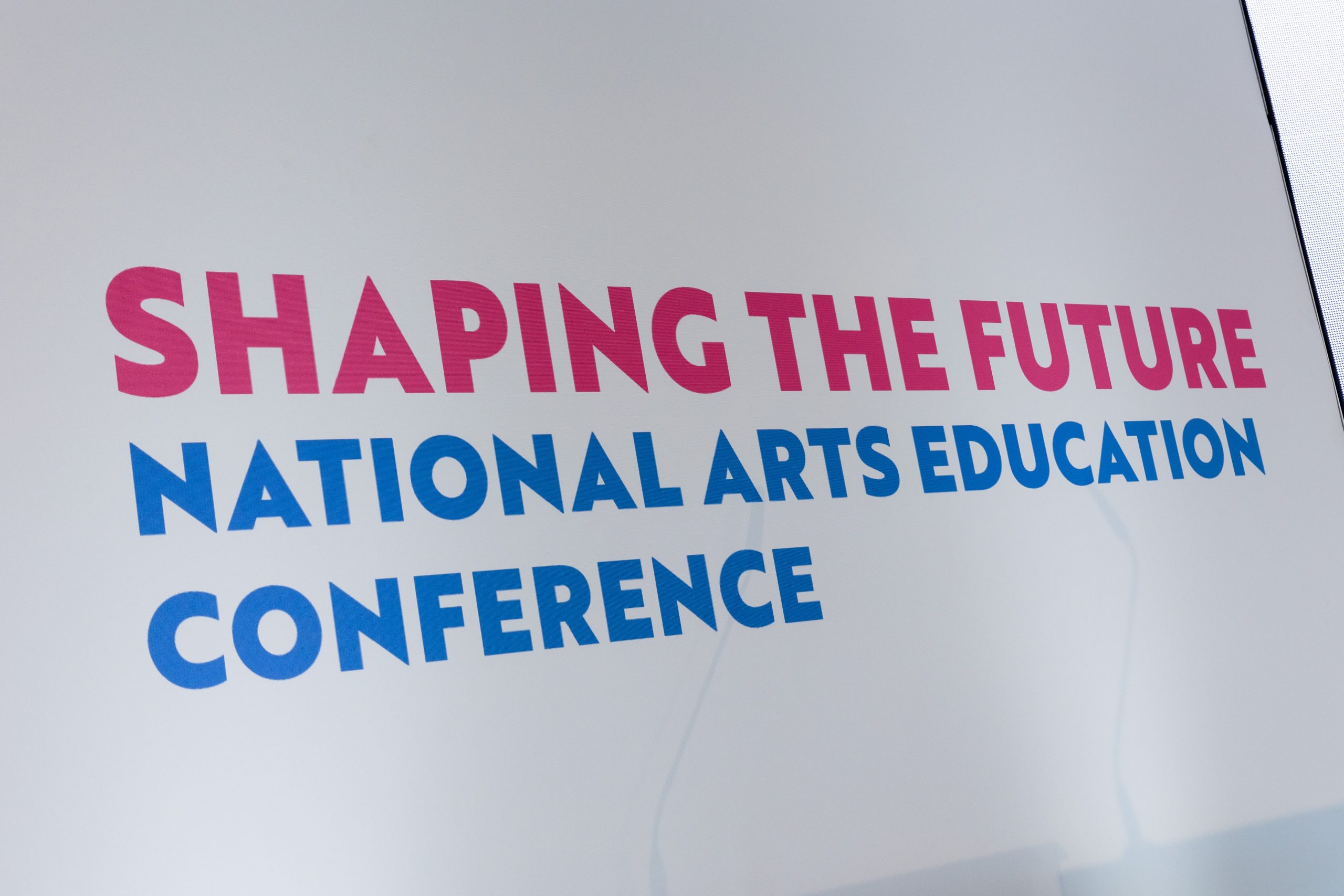I, as an administrator have somewhat gotten used to jumping out of bed and going straight to my computer at home to do my work. But our dancers have had to undertake ballet classes in their kitchens, and got one too many bruises from hitting their legs and arms against fridges, ovens and cupboards.
The dynamics of a professional dance company have very particular requirements. Dancers need a large space to work in, and continuous physical contact is part of the job. Take that away from them and they’ll probably feel like they’ve lost the soul of the art form. Although I’m the administrator of ŻfinMalta, Malta’s national dance company, I grew up dancing and still work as a performer, so I can relate to the dancers’ mental and emotional struggles that this pandemic is causing, apart from the physical of course.
When a lockdown was announced in March, the dance company undertook great adjustments. How does one go from premiering a new choreographic work every eight weeks, to trying to find ways to have dancers work from home? How does a dance company remain relevant, when it can’t do the one thing it’s meant to do? Moreover, for a company that constantly works with foreign artists, there was also an administrative and logistical quagmire. A small but very resilient, adaptive, creative and determined team is an absolute blessing in such circumstances. In a matter of a week or two the company launched a full blown online campaign, with podcasts, free online dance classes open to the general public, sharing of previous productions on social media, and videos from the company dancers. The company’s Artistic Director Paolo Mangiola, worked through full day video calls with the dancers to continue giving them classes but also to pass on choreographic tools and knowledge that will serve them not just presently in the studios, as dancers, but even in their futures when they might progress their careers into, choreographers, rehearsal directors, teachers, or the likes.
One of the biggest fears that artists and art based companies, especially those in the performing arts, feared most during this pandemic, was losing their relevance. This gave us the determination to persevere and come up with unique ways of sharing our artform with our audiences. From the minute that we found out that we could start rehearsing in a studio again, Paolo and the dancers started creating a choreography for a dance film – a choreography made specifically for film and the camera, not for theatre and a live audience. To this day, I consider this one of ŻfinMalta’s greatest achievements in this pandemic. However, the admin team was also working full swing to prepare a full-fledged season, to start with a major premiere in October.
I am very happy to share that our perseverance paid off. Not only did we manage one premiere, but seven in total so far; comprising six solos choreographed by seven local choreographers in November, together with Paolo Mangiola’s 21 Dances for the 21 Century, in October. We’re also in preparation to premiere another two works in about two weeks’ time, and have a full season planned until July. We have high hopes that we’ll be able to make it through our whole programme.
What surprised us was that what we feared most proved to be a complete myth. We thought we would be performing to empty theatres because people would be too scared to spend time in an enclosed venue. In fact it would seem that theatre goers are craving live performances more than ever. As the company’s administrator I feel responsible for providing a safe work environment for my colleagues, but also a safe environment for our audience and guest artists. We thought long and hard on what measures to take to ensure everyone’s health and safety. We’re lucky enough to have our dancers living in clusters, which is really helpful considering the close contact they’re constantly in, in their work environment. The company’s administrative team is limiting contact with the dancers, as much as possible, and artists who are invited to work with the company are asked to present negative COVID-19 results before entering the dancers’ bubble. We are also asking our dancers to take random tests every few weeks. These are the only ways we feel we can move forward.
Facing this pandemic has not been easy, but Malta’s national dance company has not only continued working, but has managed to: audition new dancers and launched a paid apprenticeship programme, hold online interviews for the artistic director role, gain a new artistic coordinator and an administrator, launch a full season, and was the first Public Cultural Organisation to have a performance inside a theatre, when theatres reopened. We feel privileged to have the possibility to keep operating under such dire circumstances, when we know that theatres around the world are shut down, and other arts companies are counting the days until they’ll be able to open their doors again. It is for this reason that we feel the need to do anything in our stride to promote the fact that the arts can survive the pandemic and that they offer a crucial contribution towards society’s mental and emotional wellbeing.
Whilst being grateful for every performance opportunity that we are currently getting, a dance company can’t help but hope to be able to focus its energy solely on creation of new work, rather than continuously enforcing health precautions into our daily routine. Stage performers crave the audience’s instantaneous feedback, which leads us to long for full theatres and unmasked faces. This masquerade ball has long-run its course.
Words by Rachel Vella, Agency Administrator at ŻfinMalta.
Rehearsals for ŻfinMade, Photo by Neil Grech.

